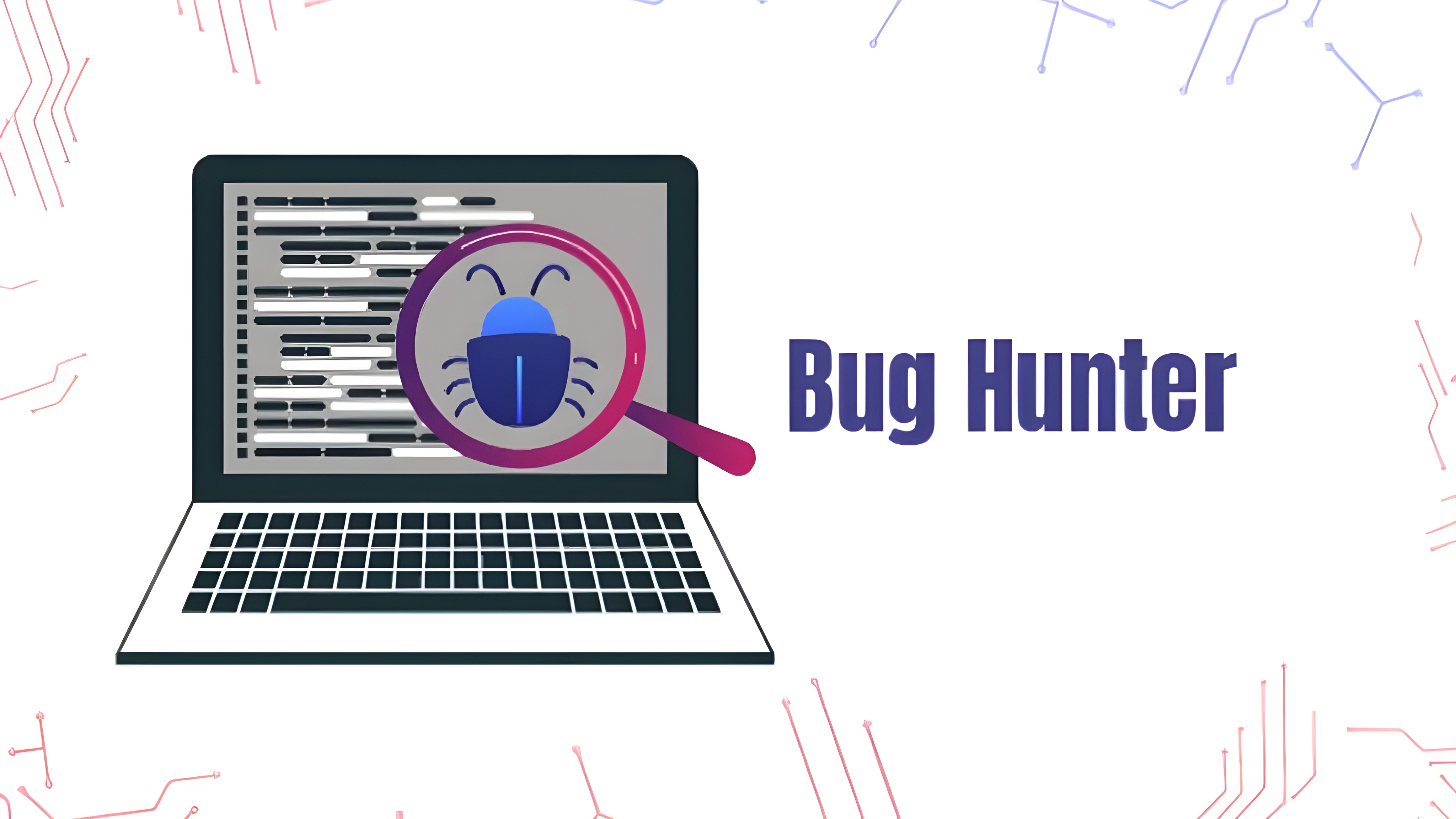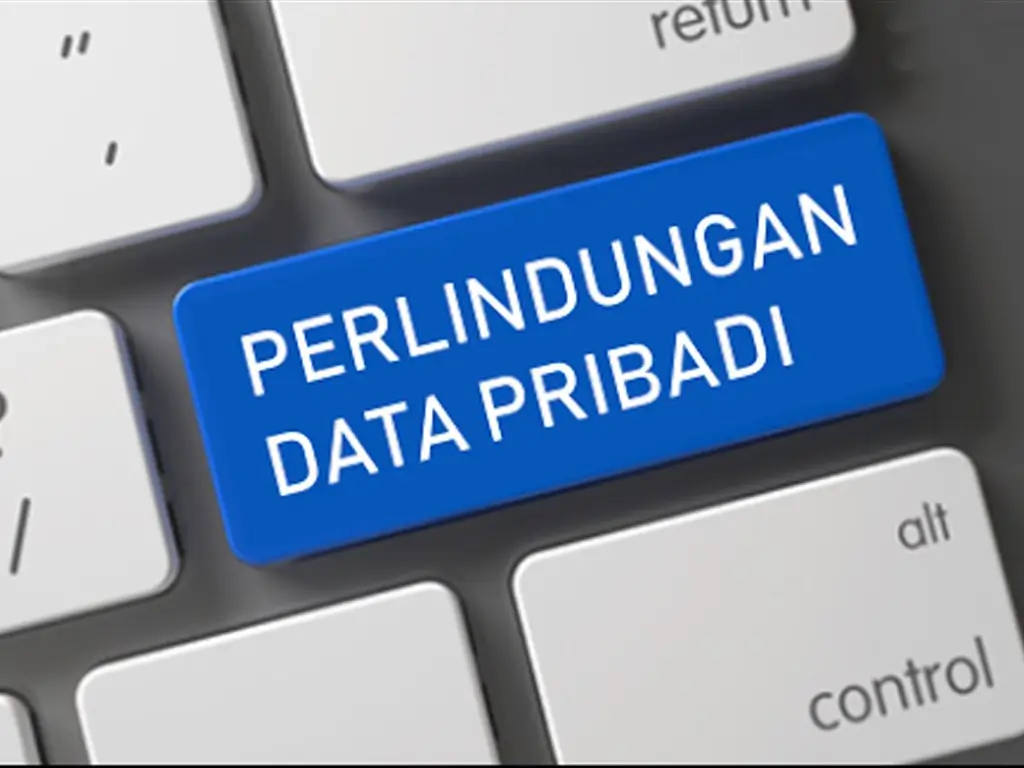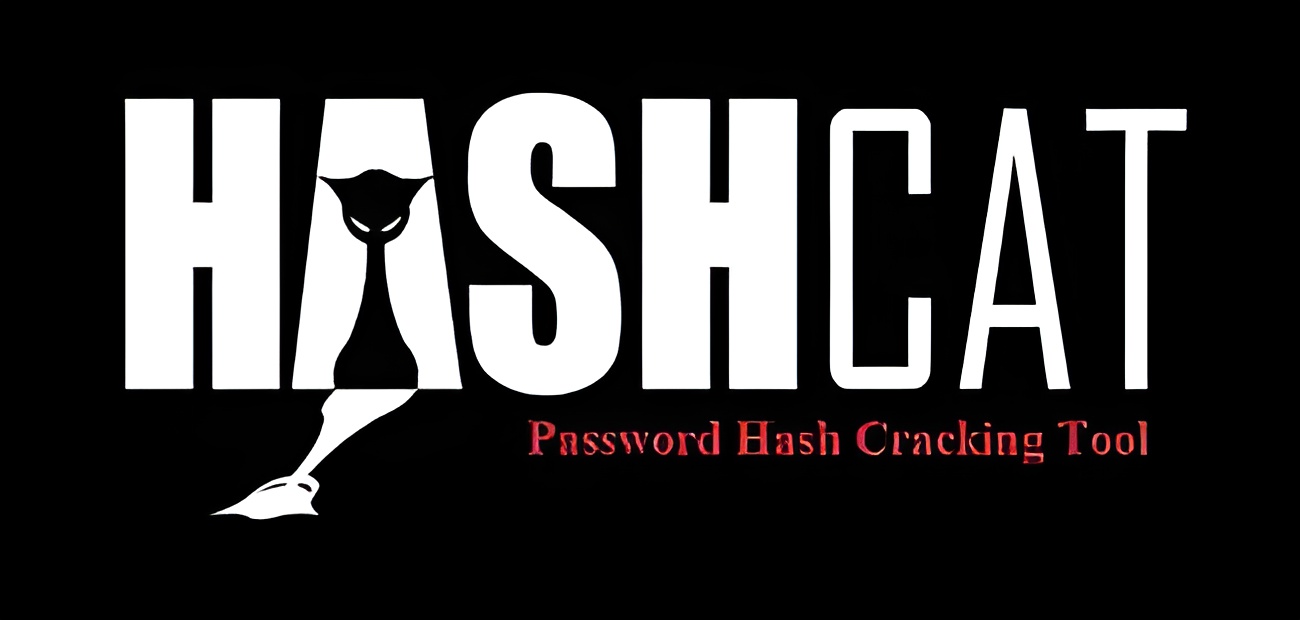Published on May 24, 2025
How to Become a Professional Bug Hunter

Becoming a professional bug hunter requires a deep understanding of computer and network security. Understand how operating systems, web applications, and networks work, as many vulnerabilities are found in these areas. Also, learn basic concepts like SQL Injection, Cross-Site Scripting (XSS), and Cross-Site Request Forgery (CSRF), which are some of the common attacks you should be familiar with.
Books and online courses like CompTIA Security+ or Certified Ethical Hacker (CEH) can be a great place to start understanding these basics. Additionally, you can learn how network protocols, firewalls, encryption methods and authentication methods work.
Learn a Relevant Programming Language
Becoming an effective bug hunter requires the ability to read and write code. Programming languages like Python , JavaScript , and SQL are very useful. Python, for example, is often used to create automated scripts in the search for vulnerabilities. JavaScript is relevant for exploiting XSS bugs and an understanding of SQL is essential for identifying potential SQL Injection attacks.
In addition, languages such as PHP and Ruby can help you understand web applications, especially if the target application uses these languages. With a broad understanding of programming languages, you will be able to analyze applications and find security holes more easily.
Take Advantage of Bug Bounty Platforms
Platforms such as HackerOne , Bugcrowd , and Synack provide access for bug hunters to test the security of applications provided by companies. These platforms often offer rewards for each vulnerability successfully reported, with rewards varying according to the severity of the bug.
In addition to honing your skills, joining a bug bounty platform also provides an opportunity to interact with other bug hunter communities and share knowledge. Keep in mind that ethics and professionalism are very important when working on these platforms.
Hone Your Skills with CTFs and Simulations
Capture The Flag (CTF) is a competition where participants must find a specific “flag” or vulnerability in a simulated system or application. CTFs offer challenges in a variety of categories, such as web exploitation, reverse engineering, and binary exploitation. Platforms like Hack The Box , TryHackMe , and OverTheWire provide real-world simulations for bug hunters to hone their skills. These activities provide an opportunity to learn without legal risk, which can be invaluable when you’re ready to move into more serious bug bounty programs.
Learn Commonly Used Security Tools
In the world of bug hunting, there are many tools that can help in finding vulnerabilities. Here are some tools that you should master:
- Burp Suite: The main tool for web application penetration testing. With Burp Suite, you can intercept and analyze traffic between the browser and the server.
- Nmap: A network scanner that helps in mapping the network and finding open ports.
- Wireshark: A tool for analyzing network packets in depth, often used to detect network problems and potential vulnerabilities.
- Metasploit: A penetration testing framework that is widely used by cybersecurity professionals to exploit vulnerabilities.
- OWASP ZAP (Zed Attack Proxy): An open-source tool that is very useful for finding security holes in web applications.
By mastering these tools, you will be more efficient in identifying and reporting bugs that are found.
Master Web Penetration Testing Techniques
Most bug bounties focus on web applications, so it is important to understand web penetration testing techniques. Some techniques to master include:
- Enumeration: Searching for hidden endpoints or directories in an application.
- Parameter Tampering: Testing parameters in a URL to find loopholes where data can be manipulated.
- Injection: A technique for inserting malicious data, such as SQL or XSS scripts, to exploit vulnerabilities.
- Session Management Testing: Checking how the server manages user sessions and whether there is potential for session hijacking.
- Authentication and Authorization Testing: Testing for weaknesses in authentication and authorization systems, which could allow unauthorized access.
With a good understanding of these techniques, you can increase your chances of finding more critical and high-value vulnerabilities.
Develop a Bug Hunter Mindset
One of the important skills to become a professional bug hunter is to have the right mindset. You must think creatively, analytically, and be able to see things from an attacker’s perspective. Persistence is also very important because finding vulnerabilities is not easy and may take hours or even days.
Getting into the habit of thinking like a hacker is a great way to train yourself to find loopholes that others might miss. A common question asked by professional bug hunters is, “What if I tried this?” or “Is there another way to get around this limitation?”
Learn the Ethics and Laws of Bug Hunting
Although you are acting as a “hacker”, bug hunting is a profession that places great emphasis on ethics. Maintaining professionalism, especially when communicating with companies or site owners, is essential. Never attempt to exploit vulnerabilities for personal gain or to harm others.
Also, make sure to always comply with the rules and laws of the country in which you operate. Unauthorized bug hunting or infiltrating a system without permission is clearly against the law and can result in serious legal consequences.
Continuously Improve Your Skills and Follow Security Trends
The world of cybersecurity is constantly evolving, so bug hunters need to update their skills and knowledge regularly. Follow forums like Reddit r/Netsec , Twitter , and LinkedIn to get the latest news in the industry. Attending conferences like Black Hat dan DEFCON can also be a good way to stay up-to-date.
Learning from experts and experienced communities will help you develop your skills and build your reputation in the bug hunting world.
Conclusion
Becoming a professional bug hunter requires a combination of technical knowledge, tool skills, ethics, and the right mindset. Train yourself in mastering penetration testing tools, take on CTF challenges to hone your skills, and keep updating your knowledge to keep up with technological developments. With determination and consistent effort, you can become a reliable bug hunter and gain recognition in the cybersecurity world.
That’s all the articles from Admin, hopefully useful… Thank you for stopping by…





